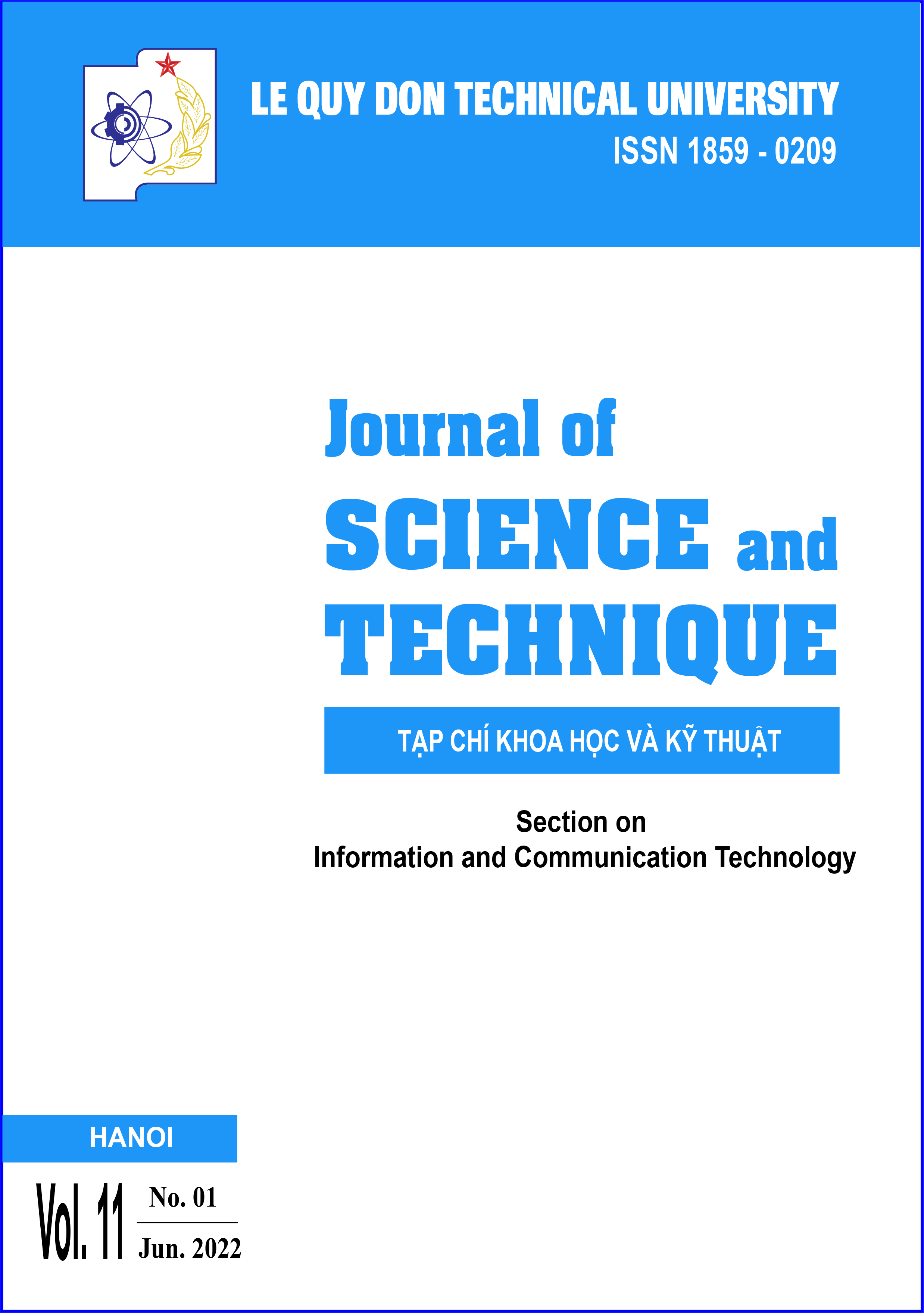Nghiên cứu tấn công tiêm nhiễm tập dữ liệu chống lại hệ thống phát hiện xâm nhập mạng
Tóm tắt
Nowadays, deep learning is becoming the most strong and efficient framework, which can be implemented in a wide range of areas. Particularly, advances of modern deep learning approaches have proven their effectiveness in building next generation smart intrusion detection systems (IDSs). However, deep learning-based systems are still vulnerable to adversarial examples, which can destroy the robustness of the models. Poisoning attack is a family of adversarial attacks against machine learning-based models. Generally, an adversary has the ability to inject a small proportion of malicious samples into training dataset to degrade the performance of victim’s models. The robustness of deep learning-based IDSs has been becoming a really important concern. In this work, we investigate poisonous attacks against deep learning-based network intrusion detection systems. We clarify the general attack strategy, perform experiments on multiple datasets including CTU13-08, CTU13-09, CTU13-10 and CTU13-13. Experimental results have shown that only a small amount of injected samples has drastically reduced the performance of the deep learning-based IDSs.

